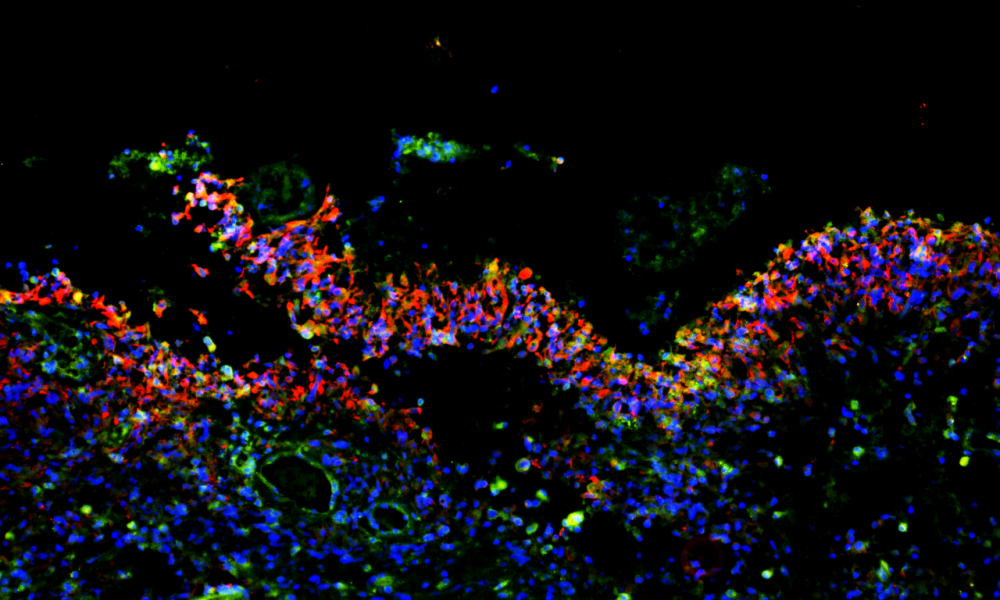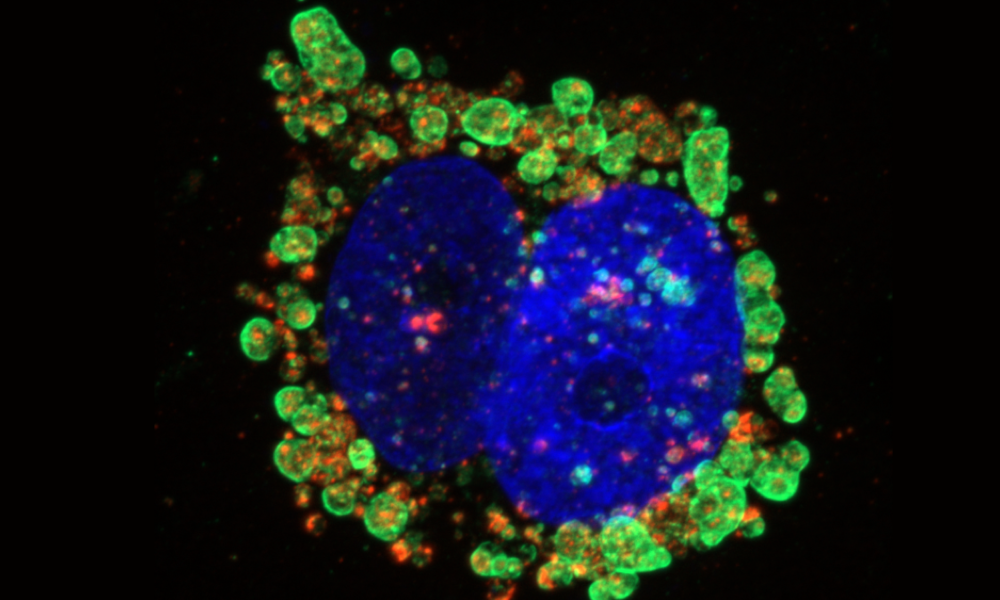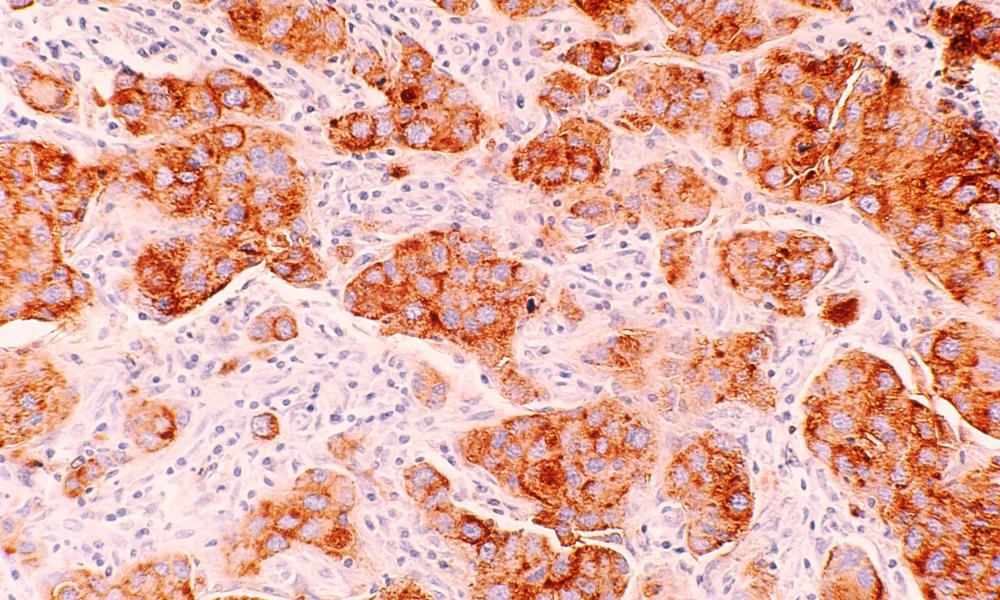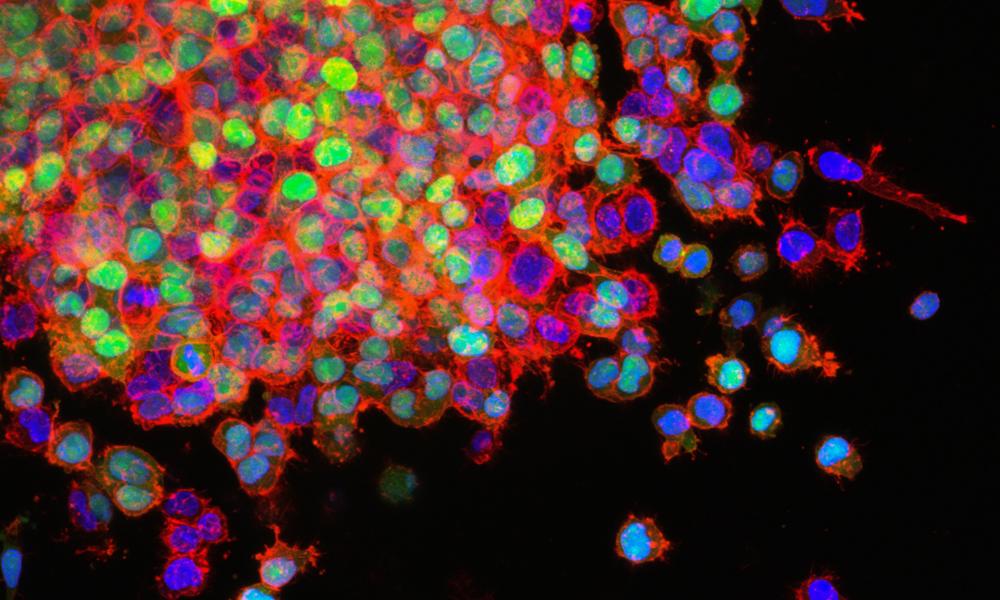News

The Canada BioGenome Project joins international quest to understand life on Earth
Part of a global effort to sequence, catalog, and characterize the genomes of life on Earth, the Canada BioGenome Project begins full scale sequencing.

Exploring how patient-derived cancer models capture real tumour features
Researchers from the GSC’s Marra Lab found the genetics and cellular makeup of 3D model systems to be highly reflective of the brain tumours from which they were derived.

Evaluating whole genome transcriptome analysis for cancer biomarker discovery and diagnosis
BC Cancer researchers assess whole genome transcriptome analysis for its ability to identify genomic biomarkers and predict the tumour site or tissue of origin for various cancers.

Autophagy machinery contributes to stress-induced secretion of proteins and extracellular vesicle populations
The Gorski Lab shows that chloroquine induces the secretion of autophagy-related proteins, some of which are partitioned and packaged into distinct small vesicle populations.

Dr. Aly Karsan receives UBC Killam Research Award
This prestigious award recognizes faculty who have a track record of outstanding research and scholarly contributions.

Breast cancer subtypes with distinct survival outcomes can be identified from archival samples using proteomics
The GSC’s Gregg Morin Lab, with Drs. Torsten Nielson and Stephen Chia, identify new breast cancer subtypes linked to patient outcomes using proteomic analysis on archival clinical tissue samples.

New open-source interpretation and reporting platform for precision oncology
BC Cancer’s POG team has developed an open source platform for the interpretation and reporting of genomic data in precision oncology.

Martin Krzywinski Makes Music with Pi
Data visualization expert and GSC scientist, Martin Krzywinski, explores how people think and feel about mathematics through music.

Small molecule inhibitor sensitizes lung cancer cells, priming them for death
The GSC’s Gregg Morin Lab characterizes the mechanism of action of a novel small molecule inhibitor and demonstrates its therapeutic potential in lung cancer cells.